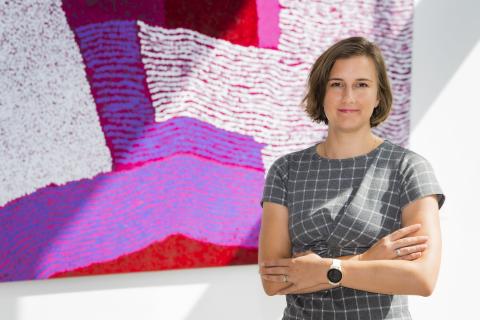
Twitter’s move to stop policing Covid misinformation could leave vulnerable people exposed to dangerous health claims. Recent research has shown that the more you’re exposed to something the more you believe it. So, if you repeatedly see something on social media that is false or even worse, planted false information, you will eventually believe it.
The other concerning thing with Twitter is that we know it is used as a political disinformation platform. That’s a very well documented strategy for a number of countries wanting to stage political warfare and we know that many myths about vaccines, for example, are thought to be linked to political disinformation to create unrest and confusion in communities.
People with limited health and digital literacy are the most vulnerable to the dangers of platforms failing to moderate or filter this type of content. They may not know how to assess the credibility of the information they are reading and therefore are exposed to content that is potentially harmful. We’re all susceptible to it, even if we do have better health literacy, because misinformation clouds our critical thinking processes.
The impact of this is we are making decisions based on hearsay or blatantly false information which can have downline effects on willingness to trust health professionals, engage in risk mitigation strategies, and engage in public health initiatives.
Aside from taking the opportunity to listen and understand where people’s beliefs come from, a key strategy for tackling mis and disinformation is building digital literacy.
This can be achieved by providing people with a framework to help them effectively assess information on its merits.
While there is a role for content moderation in slowing the spread of mis or disinformation, we need to get to the core of the issue which is helping people determine for themselves what credible information is.
We can help them ask questions and consider information before accepting it as truth. What makes something reliable? How do I go and check whether this reference is accurate? What might be a red flag about this content, and should I take it seriously or should I dismiss it and search for something more reliable? This is what we need to be helping people to do.
My own experience having friends and family seeking my input on the reliability of information online during the pandemic led me to design frameworks which help people navigate their way through the mountains of health content available online.
When assessing the accuracy and credibility of content online, it’s helpful to systematically consider the information at hand.
The essence of critical appraisal of health information is ‘think fast, share slow’ when considering credibility of information at hand and the ‘CRABS’ framework I’ve developed below can help with that.
C - Conflict of Interest
Conflicts of interest occur when an individual stands to benefit from a certain message or decision, making the information less reliable, like telling you a problem and delivering a solution (that benefits them). Conflicts include financial benefits or even political ones.
R - References
References are important as they indicate two things: One - whether there is evidence to back a claim; and Two - whether the author is across the body of evidence and key work. In addition, they should be recent (science changes fast) and from reputable scientific sources.
A - Author
Anyone can write on anything. The internet provides more opportunities for everyone to have a voice. Their expertise/qualifications (or lack of) relative to the topic is important when determining how much weight to give the content.
B - Buzz words
Designed to draw you in with marketing speak, buzz words are great for science washing and misleading you with jazzy and emotive claims.
S - Scope of practice
Scope of practice is a complex combination of an individual’s qualifications and expertise, the setting of practice and the needs of the client. Most people don’t ever set out to overreach their scope of practice; it’s a slippery slope of rule bending. A nurse providing specific nutrition advice or a mechanical engineer talking about infection control is likely overreaching scope of practice.

